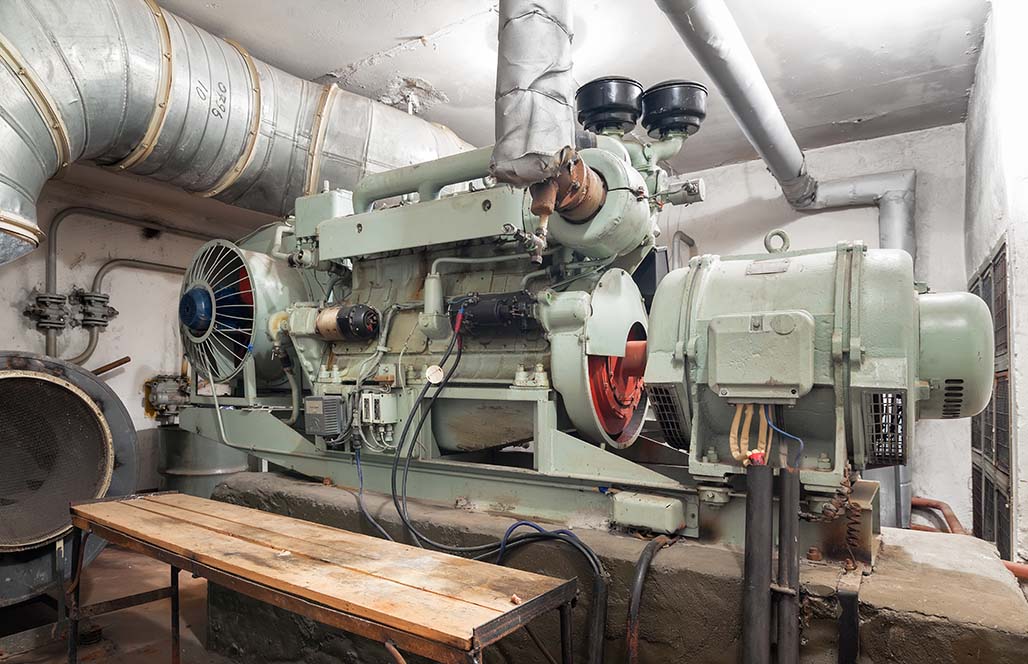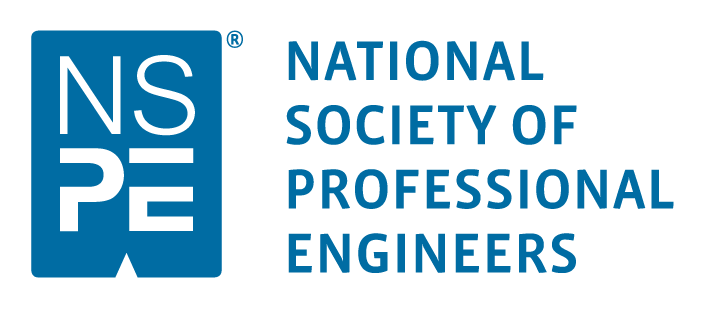Does Your Emergency Generator Require NJDEP Permit Compliance?
Aside from snow-covered roads, stalled cars, and heavy storms, another common occurrence during the winter season in New Jersey are power outages. Even before the official start of the 2018 winter season, more than 200,000 homes and businesses suffered from power outages after a strong nor’easter hit the state, which was shortly followed by another winter storm which also knocked out power lines throughout Hunterdon, Morris, Sussex and Warren counties.
From freezing temperatures, animals seeking shelter on transformers, to ice buildup on power lines and high-speed winds, there’s a confluence of different factors that cause power outages during the winter season. Commercial establishments in the Garden State are very much aware of these, and as such, many have installed commercial-grade emergency generators to ensure on-demand, dependable energy during power interruptions.
In an ideal situation, a business will be able to purchase an emergency generator before the winter season begins. However, unlike residential-grade generators, heavy duty generators that will be used to power businesses, facilities, and factories require special permits from the New Jersey Department of Environmental Protection (NJDEP). NJDEP permit compliance is extremely crucial before any commercial establishments and facilities can utilize their generators. Unfortunately, obtaining NJDEP permits isn’t an easy process at all.
When Does an Emergency Commercial Generator Require NJDEP Permit Compliance?
The Air Permit Applicability Determination For Emergency Generators Guidance Document details the criteria that determine if an emergency generator requires an NJDEP permit, as per the requirements of the New Jersey Administrative Code (NJAC) 7:27-8.1 and other air pollution control regulations.
According to the document, a business or facility needs to obtain an NJDEP air permit if the maximum (100% load or power rating) fuel consumption of the emergency generator in any one (1) hour is greater than the values listed below for each fuel type:
- Natural Gas – greater than 980 ft3 /hour (based on heat value of 1,020 Btu/ft3)
- Propane (LP) – greater than 397 ft3 /hour (based on heat value of 2,516 Btu/ft3)
- #2 Fuel Oil – greater than 7.04 gallons /hour (based on heat value of 142,000 Btu/gal)
For example, if the fuel consumption rate of a natural gas emergency generator set running at maximum load is 1,200 ft3/hour, then it exceeds the limit for Natural Gas listed above (980 ft3/hour). This means that the business or facility must obtain an air permit for such a generator before they can start utilizing it.
The document also provided the fuel consumption rate for common emergency generator sets that require an NJDEP air permit.
- MTU Onsite Energy (Gas Generator Set – MTU 10V0068 GS125) – Fuel consumption rate for natural gas at 100% load (power rating) is 1,463 ft3/hour.
- Blue Star Power System (Gas Generator Set – PS130-01; 130 kWe) – Fuel consumption rate for natural gas at 100% power rating is 1,703 ft3/hour.
- GENERAC (Gas Generator Set – SSG300 – 300 kW) – Fuel consumption rate for natural gas at 100% load is 4,621 ft3/hour.
- Cummins Power Generation (Propane Generator Set – 60 Hz Spark Ignited Generator Set) – Fuel consumption rate for propane at 100% load is 407 ft3/hour.
On May 19, 2014, the NJDEP also issued the revised General Air Permit for Emergency Generators Burning Distillate Fuels (GP-005A). Under this new provision, businesses and facilities with emergency generators currently registered under the old GP-005 can continue to operate until:
- The current general permit expiration date, or if they applied for and received approval for a source-specific permit and certificate for continued operation of the emergency generator.
- The emergency generator is replaced or modified before which time the business must register for authorization under GP-005A. Facilities can also use such equipment if they applied for and received approval for a source-specific permit and certificate prior to operation of the replaced or modified emergency generator(s).
The Challenges of Obtaining NJDEP Permit Compliance for Emergency Generators
Despite these guidelines, determining permit compliance applicability can be a very time consuming and tedious process, especially for large facilities with multiple, different emergency generator sets.
In order for any facility to obtain an NJDEP permit for their emergency generators and remain in compliance, they must have a comprehensive understanding of their emission units, as well as how to measure and track them. Take note that emergency generators that use different fuel source (natural gas, propane, distillate) have separate recordkeeping requirements, and require confirmation of emission rates from their manufacturer as part of the permit application process.
However, obtaining an air permit from NJDEP is just the beginning. Summarizing the total emissions from emergency generators is another complex and time-consuming compliance task. In general, the permit also requires any facility to track and report their emissions on a daily, weekly, monthly, and quarterly basis to prove that they are not surpassing the limit. Again, achieving efficient recordkeeping requires the expertise of an NJDEP air permit consultant, which itself is another investment that the facility must make.
To ease the burden of obtaining NJDEP permit compliance, it is imperative for businesses and facilities in New Jersey to hire a knowledgeable and objective Air Permit Consultant that can guide them throughout the process. Doing so will not only help them save time and money, but also avoid the hefty penalties and even legal charges due to non-compliance.
Conclusion
By hiring an NJDEP Air Permit consultant, businesses, facilities, and factories in New Jersey will be able to obtain the right permit(s) for their commercial-grade emergency generators in a timely manner with the least disruption to their operations.
Lockatong Engineering tracks the ongoing development of new and changing NJDEP regulations and advises our clients on applicability and compliance. Contact us to learn more about our environmental consulting and evaluation services today.








